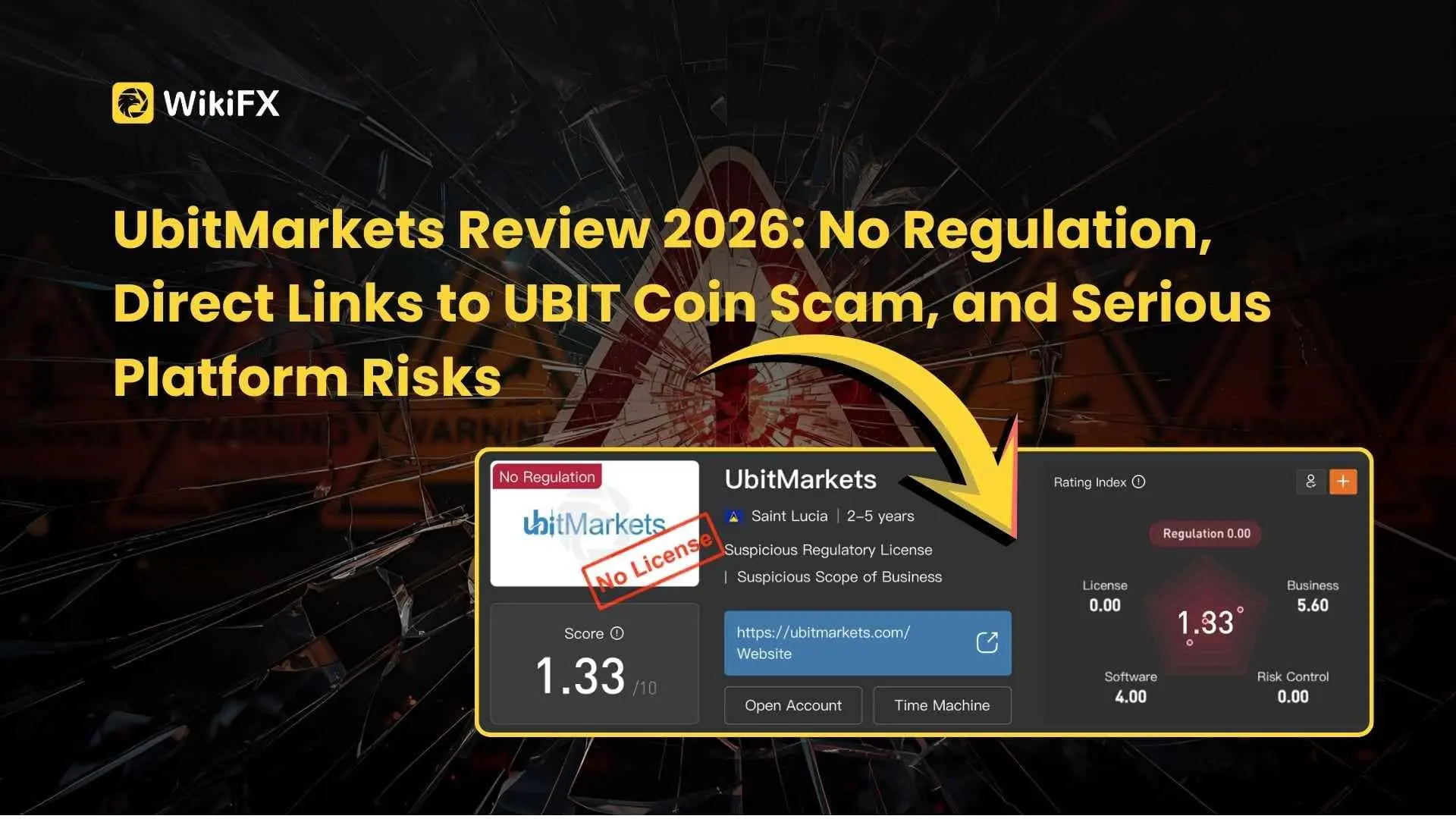Abstract:Ethereum (ETH) has experienced a significant downturn, falling below the critical $2,000 threshold for the first time since November 2023. This sharp decline has triggered concern among investors and analysts, highlighting the broader volatility in the cryptocurrency market.

Ethereum (ETH) has experienced a significant downturn, falling below the critical $2,000 threshold for the first time since November 2023. This sharp decline has triggered concern among investors and analysts, highlighting the broader volatility in the cryptocurrency market. As ETHs value continues to fluctuate, key questions arise regarding the underlying causes and potential implications of this decline.
The cryptocurrency market is inherently volatile, but Ethereums recent downturn is more than a routine fluctuation. Several contributing factors have played a role in this decline, amplifying selling pressure and investor uncertainty.

A broader correction has been sweeping across the cryptocurrency market, affecting major assets, including Bitcoin. As the leading digital currency, Bitcoin often sets the tone for the entire sector. Historically, when Bitcoin faces downward pressure, altcoins such as Ethereum tend to follow suit, demonstrating the interconnected nature of the market.

Ethereum experienced significant gains leading into early 2024. Following such rallies, it is common for investors to engage in profit-taking, selling portions of their holdings to lock in gains. This natural market cycle of buying and selling has contributed to Ethereums downward movement, exacerbating the decline below $2,000.

The evolving regulatory landscape continues to cast uncertainty over the cryptocurrency market. Announcements regarding stricter regulations, potential crackdowns, or enforcement actions—particularly from major economies—tend to create apprehension among investors. Regulatory concerns, including possible interventions from the U.S. Securities and Exchange Commission (SEC), have weighed heavily on market sentiment.

Economic conditions also play a crucial role in cryptocurrency valuations. Rising interest rates, inflation concerns, and global geopolitical instability have influenced investor behaviour across financial markets. In uncertain times, investors often reduce exposure to high-risk assets, including cryptocurrencies, contributing to Ethereums price decline.

Beyond broader market influences, Ethereum faces its own challenges. Issues such as network congestion, elevated transaction fees, and the pace of Ethereum 2.0‘s development have influenced investor sentiment. While Ethereum’s long-term prospects remain strong, these short-term concerns have added to the selling pressure.

The $2,000 price point holds psychological and technical significance for Ethereum. This level has historically acted as strong support, where buyers have stepped in to stabilise price declines. A breach of this threshold suggests a shift in market momentum, potentially reinforcing bearish sentiment and triggering further sell-offs. Additionally, traders using leverage may face liquidations as margin calls are activated, further amplifying price volatility.
For Ethereum investors, this downturn presents both challenges and opportunities. The immediate impact is a decline in portfolio value, with heightened market volatility making future price movements less predictable. However, seasoned investors often view such corrections as potential buying opportunities, particularly if they have long-term confidence in Ethereums underlying fundamentals.
Strategic approaches to navigating this market environment include maintaining a long-term perspective, employing risk management techniques, and considering dollar-cost averaging (DCA) strategies. DCA allows investors to accumulate Ethereum at different price points over time, reducing the risk of attempting to time market bottoms.
Forecasting short-term price movements remains uncertain, as market sentiment and external economic factors will play pivotal roles. However, Ethereums fundamental strengths, such as its widespread adoption, ongoing technological improvements, and the development of Ethereum 2.0.
While the current decline below $2,000 raises concerns, it may ultimately prove to be a temporary setback within a broader growth trajectory. Investors who remain informed, manage risk effectively, and focus on long-term potential may find opportunities even amid market turbulence. The cryptocurrency market remains dynamic, and adaptability will be key to navigating its challenges and potential rewards.
















